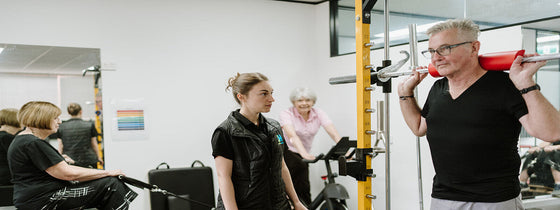Dietary fat is an important part of a healthy diet and are particularly important for our eyes, skin and brain. Whilst most fats are important to have in your diet, unsaturated fats can contribute to healthy cholesterol levels.
It’s advised to consume the following fats in small quantities, daily:
We recommend reducing your intake of saturated, or trans fat, consumption. These can contribute to high cholesterol levels, which is a risk factor of heart disease.
To reduce saturated and trans fat in the diet, you could do the following:
(2*)
The Heart Foundation have collated a great range of delicious recipes for all occasions. With a collection of recipes for breakfast, lunch, dinner, snacks, desserts and even condiments – they prove that eating heart healthy foods doesn’t have to mean a bland and boring menu (1).
If you’re feeling overwhelmed with information or are curious about how you can incorporate a healthier menu into your lifestyle - Bonnie can provide you with specific information around the appropriate amounts and types of fats to consume daily. She can teach you how to read the, often confusing, labels so you can choose the foods that are best for you and your family.
If you would like to reduce your risk of heart disease through lifestyle changes, book at appointment our Dietitian, Bonnie or one of our expert team of Physiotherapists to get you moving towards the most optimal version of you.
References:

OHL is integrating a new athletic screening assessment into its practice to further enhance our community's sporting ability. This screening assessment combines range of motion, strength profiling, force deck analysis, and subjective training status to give athletes a comprehensive performance snapshot. By establishing a baseline and identifying key areas for improvement, we can tailor your training to enhance performance, provide insight on key metrics, and stay resilient throughout the season. Whether you're preparing for preseason, managing midseason demands, or simply aiming to train smarter, this assessment delivers the data-driven insights you need.

If you're experiencing back or neck pain with neurological signs and symptoms, a thorough neurological examination is crucial for accurate assessment and effective treatment. In this Optimal Tip learn more about what we mean by completing a neurological exam!

Squats, deadlifts, and calf raises are key movement patterns that should be part of every strength and conditioning program—regardless of age and activity level. These functional movements support joint health, improve posture and balance, and reduce the risk of injury while building strength where it matters most.